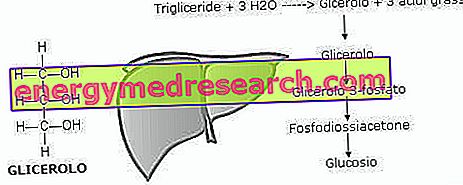
Some serious blood diseases - including so-called aplastic anemia, leukemias, lymphomas and genetic blood diseases - arise due to damage to the bone marrow, or the soft tissue that produces blood cells (red blood cells, white blood cells and platelets).
When the damage is profound and the response to less invasive treatments is ineffective, the conditions exist to intervene with a particular, very delicate and complex medical procedure called bone marrow transplantation .
Bone marrow transplantation, or hematopoietic stem cell transplantation, is the medical-surgical treatment that replaces a bone marrow that is no longer functional with a healthy bone marrow, capable of producing blood cells.
The "new" bone marrow may come from a compatible donor ( allogeneic transplant) or from the same patient to be transplanted ( autologous transplant). In the second case, after collection, hematopoietic stem cells must be properly treated ( chemotherapy ).
Like all donor transplant procedures, allogeneic bone marrow transplantation can also be rejected .
Rejection, however, is not the only possible complication; indeed, there are others, such as:
- Recurrent infections .
The causes that can trigger it are two: the conditioning process and the anti-rejection therapy based on immunosuppressive drugs.
Conditioning is the fundamental stage that anticipates transplantation, during which total destruction of the diseased bone marrow is provided. This implies, until the "new" marrow has been implanted, a dangerous deficiency of immune defenses.
Anti-rejection therapy, on the other hand, serves to weaken the immune system and reduce aggression against transplantation. This exposes to the attack of viruses, bacteria, fungi etc.
- Hepatic veno-occlusive disease .
It is a serious disease of the liver, which occurs due to conditioning and which is characterized by the deterioration of the hepatic capillaries (hepatic sinusoids); deterioration that is due to the formation of blood clots.
Treated with anticoagulants and antithrombotics, hepatic occlusive disease has hepatomegaly, fluid retention and elevated bilirubin levels as distinctive features.
- Mucositis .
A mucositis is an inflammation of the mucosal lining (ie mucus) that covers the mouth and throat.
Induced by conditioning, mucositis is not a serious problem, but it causes pain and difficulty in eating and drinking.
- Oral carcinoma .
Several studies have confirmed that bone marrow transplant recipients develop malignant tumors more easily to the mouth.



